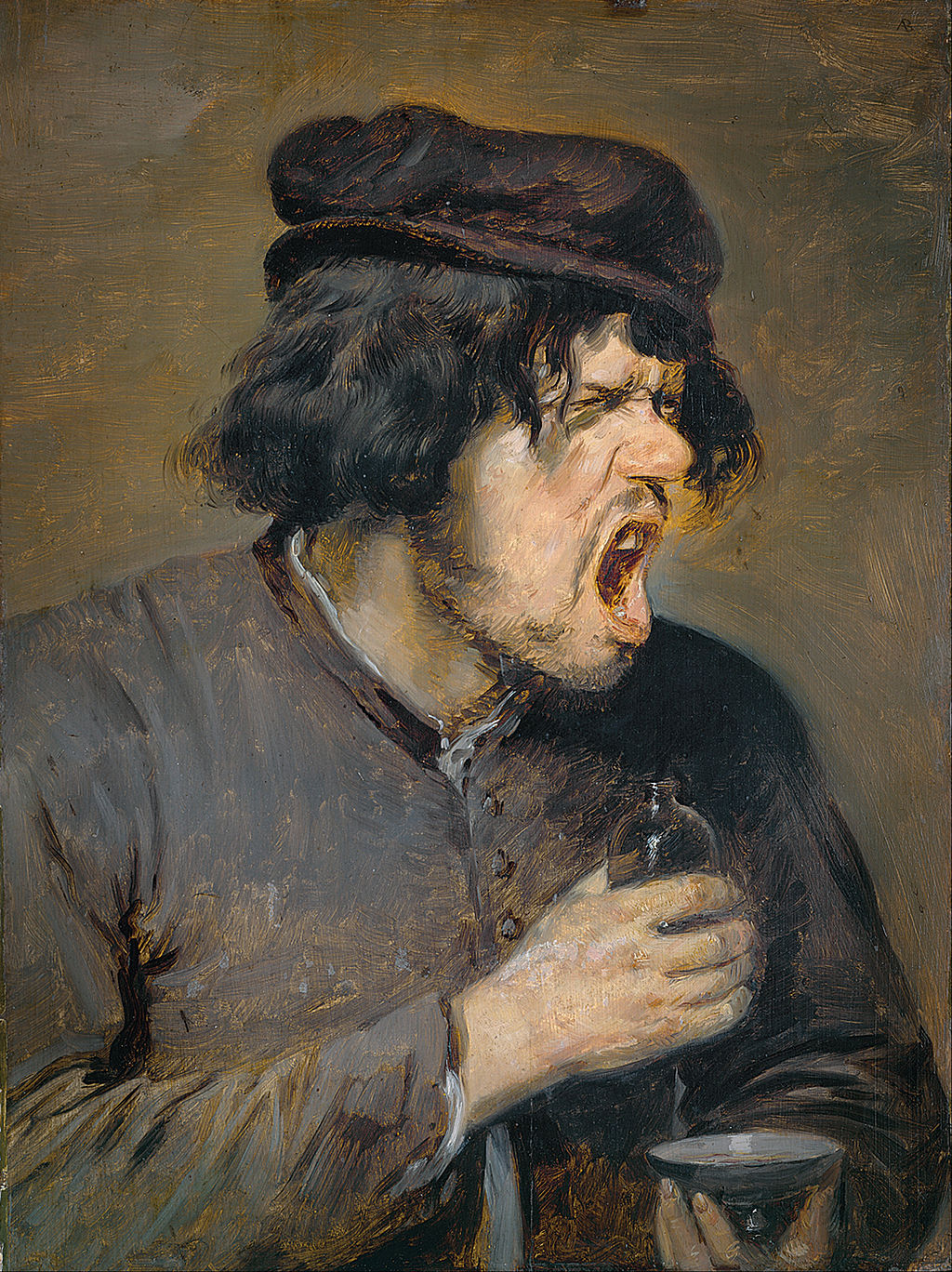
Disgust is a peculiar beast. It refuses to present itself as a reliable object of study. It cannot be observed from a safe distance. It will not be met on your own terms. Instead, disgust revolts you in an encounter that almost always feels like an attack. As such, disgust proves to be a challenge for aesthetic theories. In this seminar, we will address various questions concerning disgust and abjection, including the following: What is the role of disgust or revulsion in early modern English literature? How did early modern English subjects experience revulsion and how did writers represent it? What does it mean when literature instructs, delights, and disgusts? By reading three Shakespearean plays, we will investigate how disgust, perhaps more than other affects, gives us a more complex understanding of early modern culture.
The seminar introduces students to the exciting and burgeoning field of affect theory as well as to the literature of the early modern period. Students should be familiar with basic concepts of the theory and analysis of drama (Pfister)!
- Trainer/in: Johannes Schlegel
